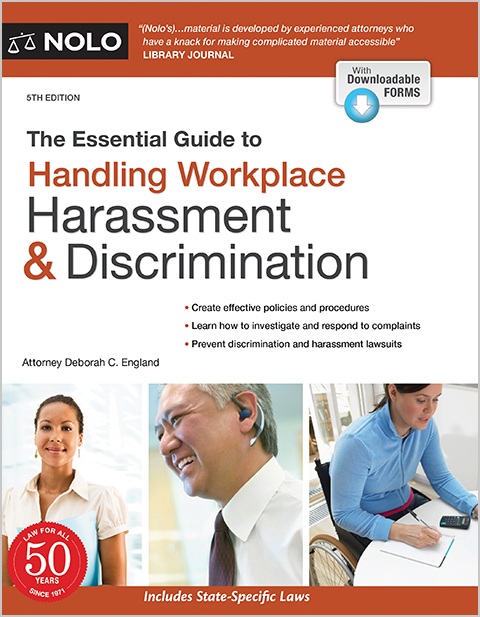Addressing Discrimination Against Disabled Travellers: Necessary Changes and Effective Complaint Methods
Australia’s former disability discrimination commissioner, Graeme Innes, has reached a settlement with Adelaide Airport after lodging a complaint with the Human Rights Commission. He reported that he was denied access to a body scanner with his assistance dog in May 2022, an issue that resonates with Australia’s 4.4 million people with disability.
Innes, who served as the disability discrimination commissioner for nine years and sits on the board of the National Disability Insurance Agency, has noted that air travel is particularly challenging for people with disability and needs to be more inclusive. Instances like Innes’ are widespread and often experienced by promiment Australians with disability.
Between 2016 and 2022, the Human Rights Commission received over 100 disability discrimination complaints against airlines. These complaints expose systemic ableism in the air travel industry, violating the United Nations Convention on the Rights of Persons with Disabilities, which includes freedom of movement as a fundamental right. Discriminatory practices can range from removing passengers from flights for needing additional support, inconsistent policies across airlines and airports, and damage to personal mobility equipment, which severely impact travellers with disability.
These cases indicate a need for urgent reform in the industry. Recent discussions in the Disability Royal Commission prompted the chair to write to Australian airlines and airports CEOs, urging them to seek solutions. The upcoming modernisation of the 2002 Disability Standards for Accessible Public Transport, along with the government’s Aviation White Paper, may provide mechanisms to address discrimination. However, this depends on the adoption of key recommendations from disability organisations, like the establishment of specific air travel standards co-designed by people with disability and representative organisations, and funding of independent oversight by the Human Rights Commission.
Ultimately, the exclusion of individuals with disabilities from seamless airline travel violates their right to freedom of movement. Governments and the aviation industry need to collaborate to implement comprehensive accessibility measures, ensuring that people with disability enjoy the same travel privileges as non-disabled Australians. Proactive change could involve the recommendation from the Disability Royal Commission for the creation of a Disability Rights Act, which would legislate human rights and facilitate barrier-free travel. Individuals also have the option to lodge complaints with the individual airline or the Human Rights Commission.
